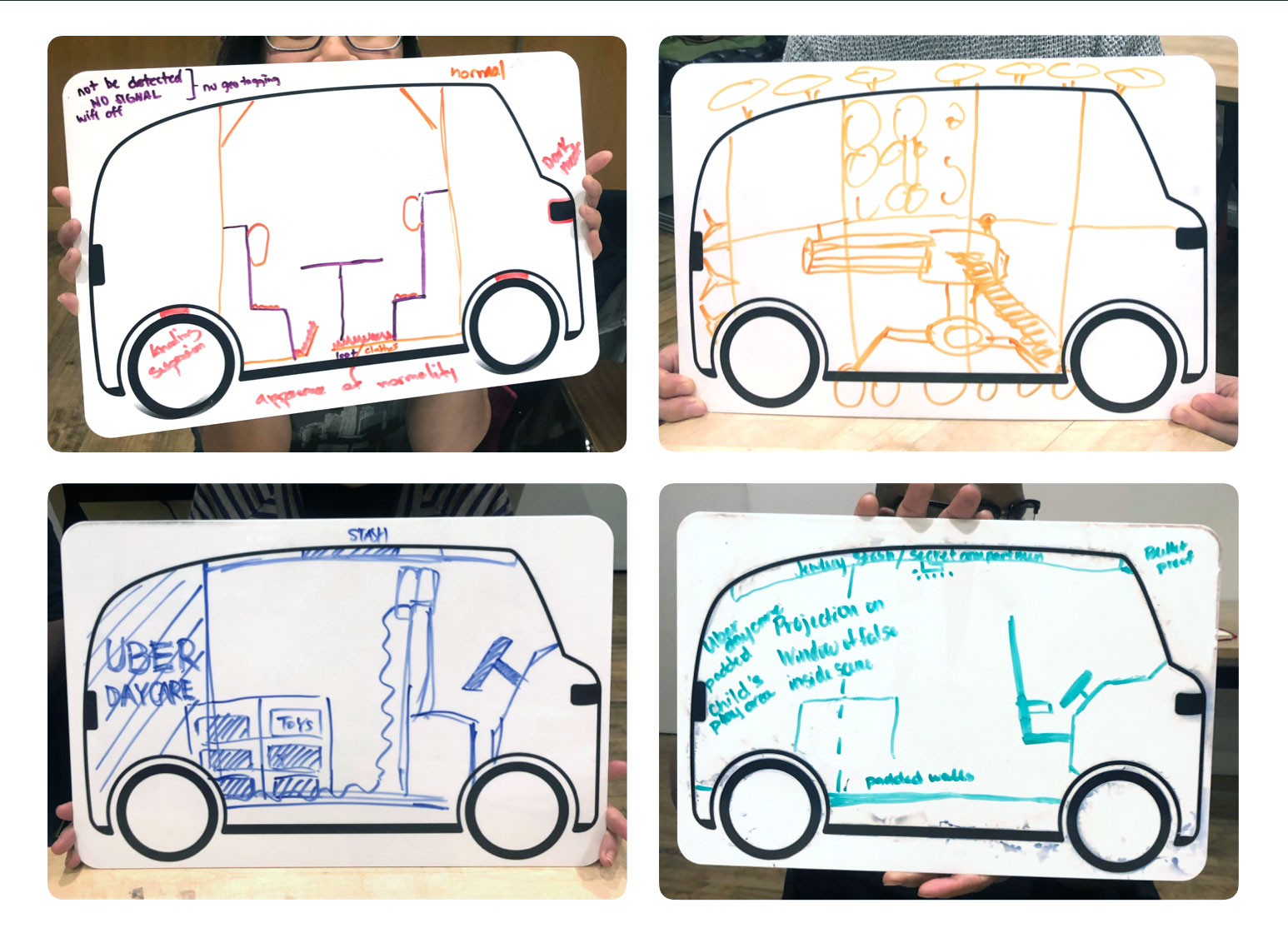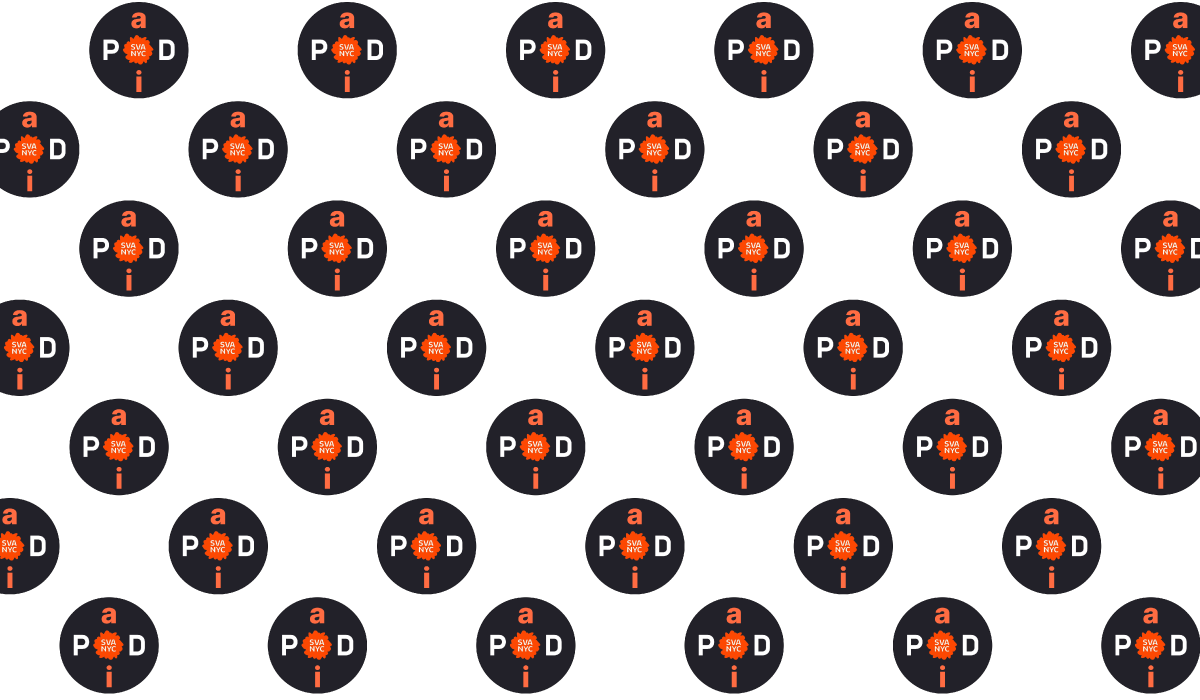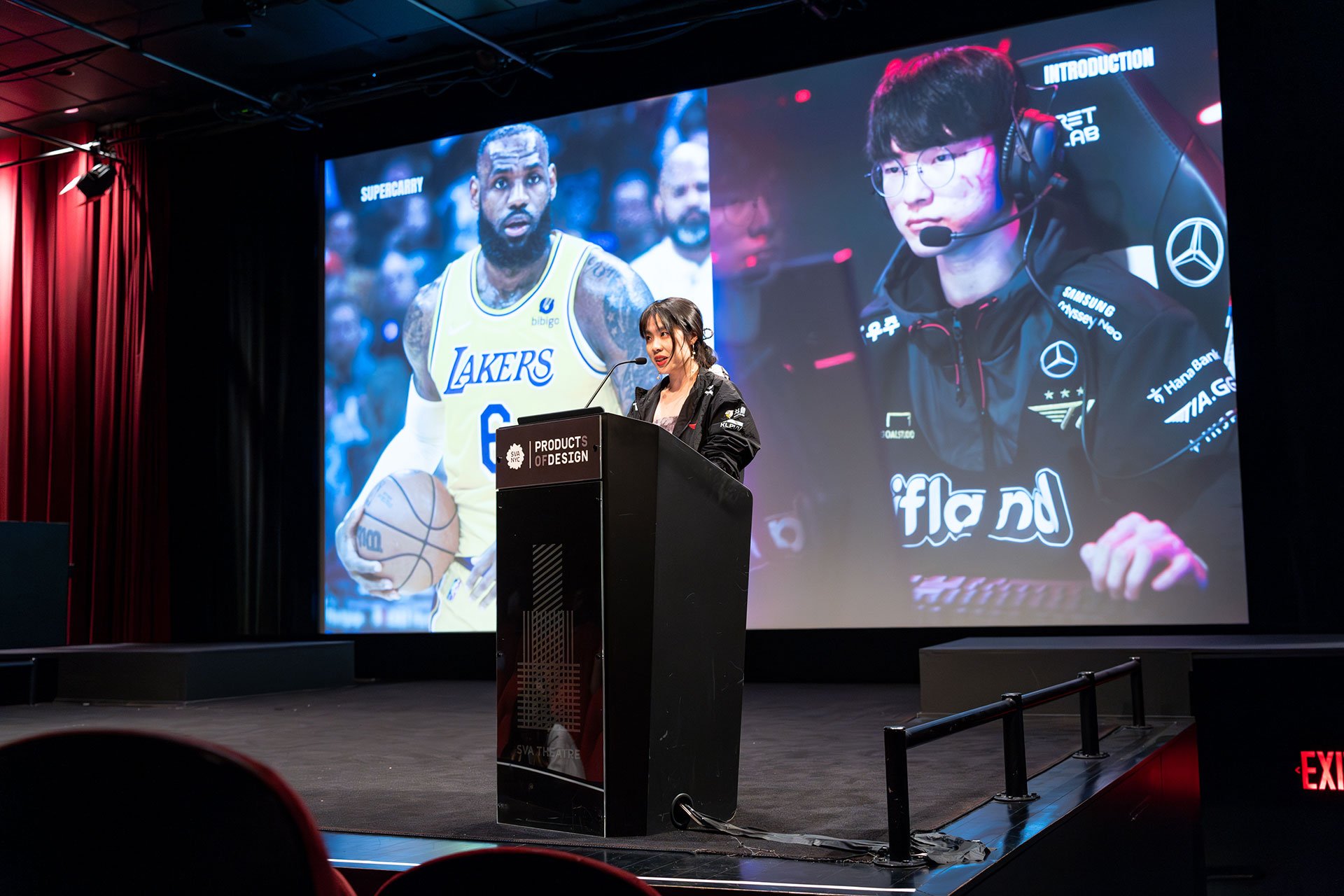Department Blog
Department news, events, and snapshots of student life at SVA in New York City.
Featured Posts
All Blog Posts

Antya Waegemann's Redesigned Rape Kit Wins Fast Company's Worldchanging Awards
We’ve shared a lot of great news about alumnus Antya Waegemann’s success with her thesis project, WHEN NO ONE BELIEVES YOU: Redesigning the Rape Kit and Responses to Sexual Assault. But just this morning, it was announced that her RN Advocate Kit has won the Student Category of this year’s annual Fast Company’s 2020 World Changing Ideas Awards!

Roger: A Bedtime Story Platform for Consistent Sleep Schedules
Roger is a device that helps children of low-income families get consistent sleep. Designed for the many children whose parents work irregular hours, it aims to get children to bed on time, especially when parents are not available. Created by recent graduate Kevin Cook as part of his thesis, Closer Kin: Building Stronger Family Environments, Roger releases a pre-recorded bedtime story every night at a specified time and gives children an incentive to get to bed on their own.

MONO/POLY: Designing for a Post-Marriage Society
After becoming interested in the growing phenomenon of non-monogamous relationships, Yangying developed her thesis, MONO/POLY: Designing for a Post-Marriage Society, to create services, experiences, and educational games that speak to polyamorous partnerships and envision a society where monogamy is no longer the default ordering principle of society.

QUEER CHINA: Diminishing the Tension Between Chinese Queer Youth and Their Families
Through her thesis, Queer China: Diminishing the Tension Between Chinese Queer Youth and Their Family, Xuan set out to design interventions that bring comfort, provide support, and facilitate both personal and political conversations for Chinese Queer Youth and their families.

THE MOTHER LOAD: Owning Motherhood and Offloading Burden
Carly Simmons’s thesis, The Mother Load: Owning Motherhood and Offloading Burden, aims to redistribute the burden and responsibility typically held by women and mothers to other individuals in their social network. In her research, Carly engaged with over two dozen new mothers who expressed feeling an absence of community support during and after pregnancy.

NO DO-OVER: Designing Lives Without Regret
Tzu-Ching Lin’s thesis, No Do-Over: Designing Lives Without Regret, uses design to help people live with their regrets in peaceful coexistence. Through speculative product designs, an app, and a public experience, Tzu-Ching’s thesis provides tools for attaining perspective and making better decisions, in order to live a life of less regret.

SMALL BUT CERTAIN HAPPINESS: Finding fulfillment in a Low Desire Society
For his thesis, Small But Certain Happiness: Finding Fulfillment in a Low Desire Society, Runshi set out to create simple but delightful experiences that reduce the pressures in the day-to-day lives of Chinese youth who feel incapable of achieving goals in their careers and personal lives, so much so that they have been called the “low-desire society”.

UNAUTHORIZED PLAY: Design Provocations for Children in Crisis
Sophie Carrillo’s thesis Unauthorized Play: Design Provocations for Children in Crisis is a year-long exploration on the potential benefits of implementing more play into children’s lives, particularly for children who are growing up in adverse environments. From her research and conversations, two key ingredients of play emerged: risk and agency. This insight launched her into an exploration of what makes kids feel empowered and fearless. Sophie envisioned several design interventions within the play spectrum, ranging from entirely child-led ones to ones directed by schools and parents.

DENSITY IS DESTINY: Designs for Shared Experience in the Coming Age of Autonomous Vehicles
In his thesis, Density is Destiny: Designs for Shared Experience in the Coming Age of Autonomous Vehicles, André Orta envisions a future of optimized ride-sharing, where increasing the density of passengers per vehicle not only alleviates systemic issues like traffic, but also enables new community spaces to flourish inside the driverless, shared vehicles of the near future.




